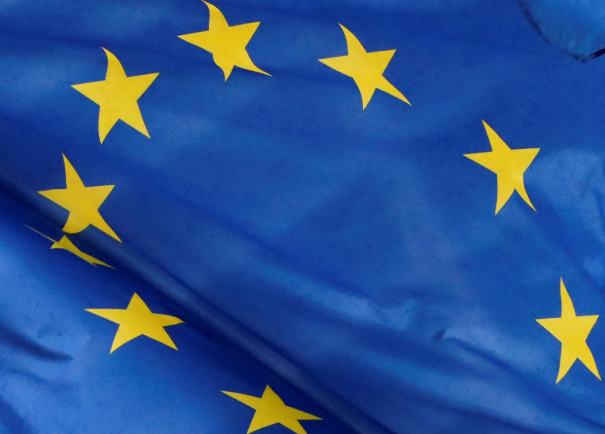Washington's growing pressure on EU will only further estrange it from the bloc: China Daily editorial


That EU leaders extended their talks to a fourth day on Monday to reach a deal on a novel coronavirus recovery fund speaks volumes of the deep divisions that have surfaced in the bloc.
Since the EU leaders last met each other face to face five months ago, the virus has claimed 135,000 lives in the European Union, and it is expected the EU economy will contract by 8.3 percent this year as a result of the economic shutdowns implemented to curb transmission of the virus.
The talks have proved fractious as members have been divided on what strings should be attached to the disbursement of the 750 billion euro ($857 billion) recovery fund. That the talks continued despite tempers sometimes fraying shows that despite their differences the EU leaders wanted a solution "instead of shelving the problem," as German Foreign Minister Heiko Maas said.
It was reported that in a heartfelt dinner speech on Sunday evening, EU Council President Charles Michel asked the 27 EU leaders whether they were "capable of building European unity and trust or, because of a deep rift, will we present ourselves as a weak Europe, undermined by distrust".
That should offer some food for thought for those in Washington who have been busy trying to sow the seeds of division with their false proposition of a US-or-China choice. Not least, on their instance that the EU choose sides. As the European Union's High Representative for Foreign Affairs Josep Borrell has said the pressure to choose sides has been growing.
But the wedge that Washington has been trying to drive between the EU and China will not hold because the EU members, having been the front line for the deep-freeze nuclear standoff between the United States and the Soviet Union, are probably the last to want a new Cold War. They are also aware that the world is not what it was and "China is clearly a necessary partner" as Borrell has said.
As the world, hopefully, moves toward a post-pandemic era, the importance of trade and cooperation will be magnified, as will the need for coordination to prepare for future global risks and the accelerating effects of climate change.
In contrast to Washington's "America first" message that every country should serve it, and its offerings of crumbs to those that do its bidding, Beijing has repeatedly urged countries to forge a community of unity and trust, a community with a shared and better future based on working together for mutual benefits.
The US should not allow suspicion, fear or hatred to hijack its China policy, China's Ambassador to the US Cui Tiankai said in an interview with CNN on Sunday. Instead, it should base it on their growing common interests, pressing global challenges and how the world expects them to act as major powers.
The US can take a leaf out of the EU's book in that respect, as that's how the Sino-EU relationship has flourished and how it will continue to benefit both sides and the rest of the world.

































